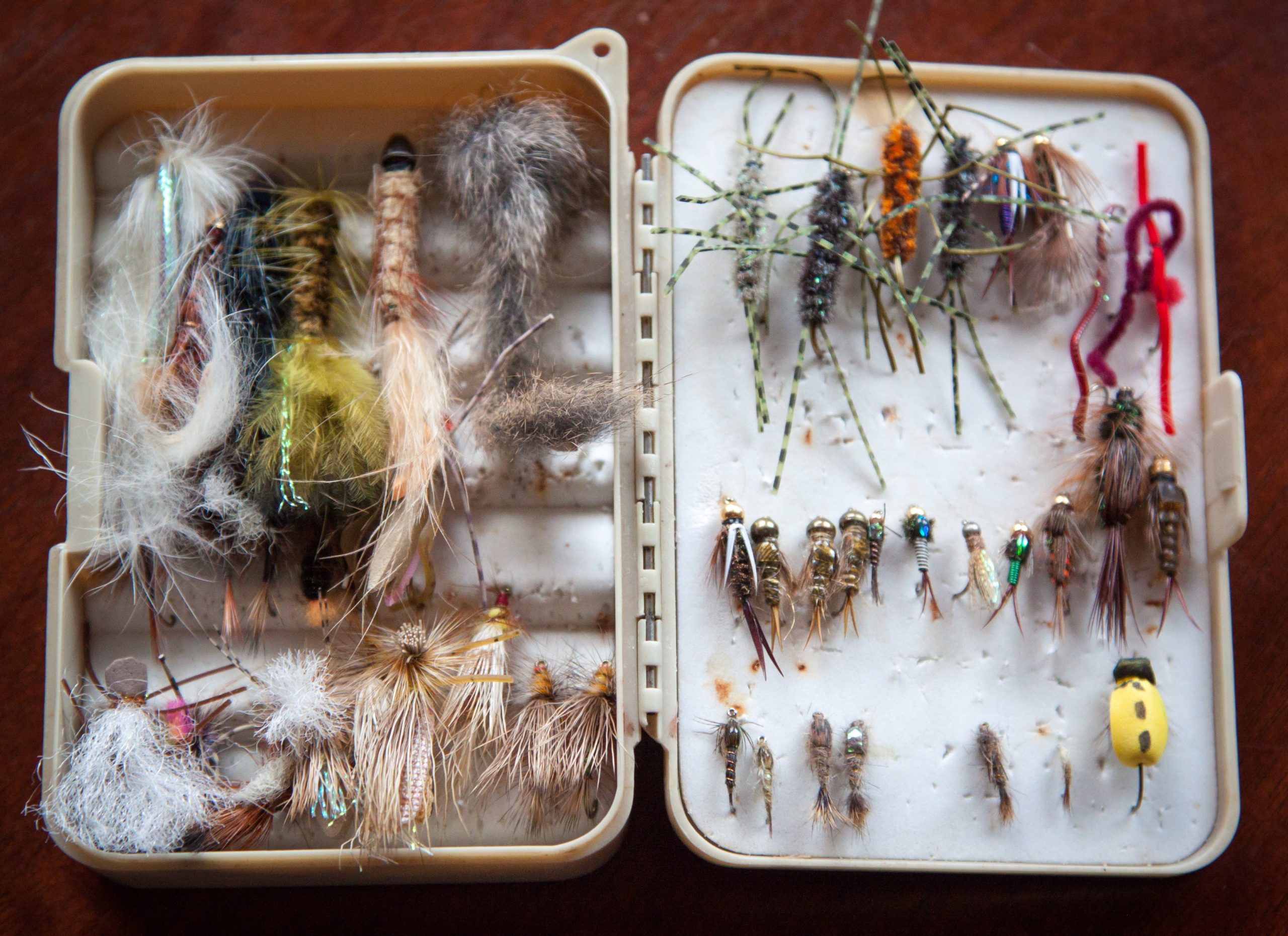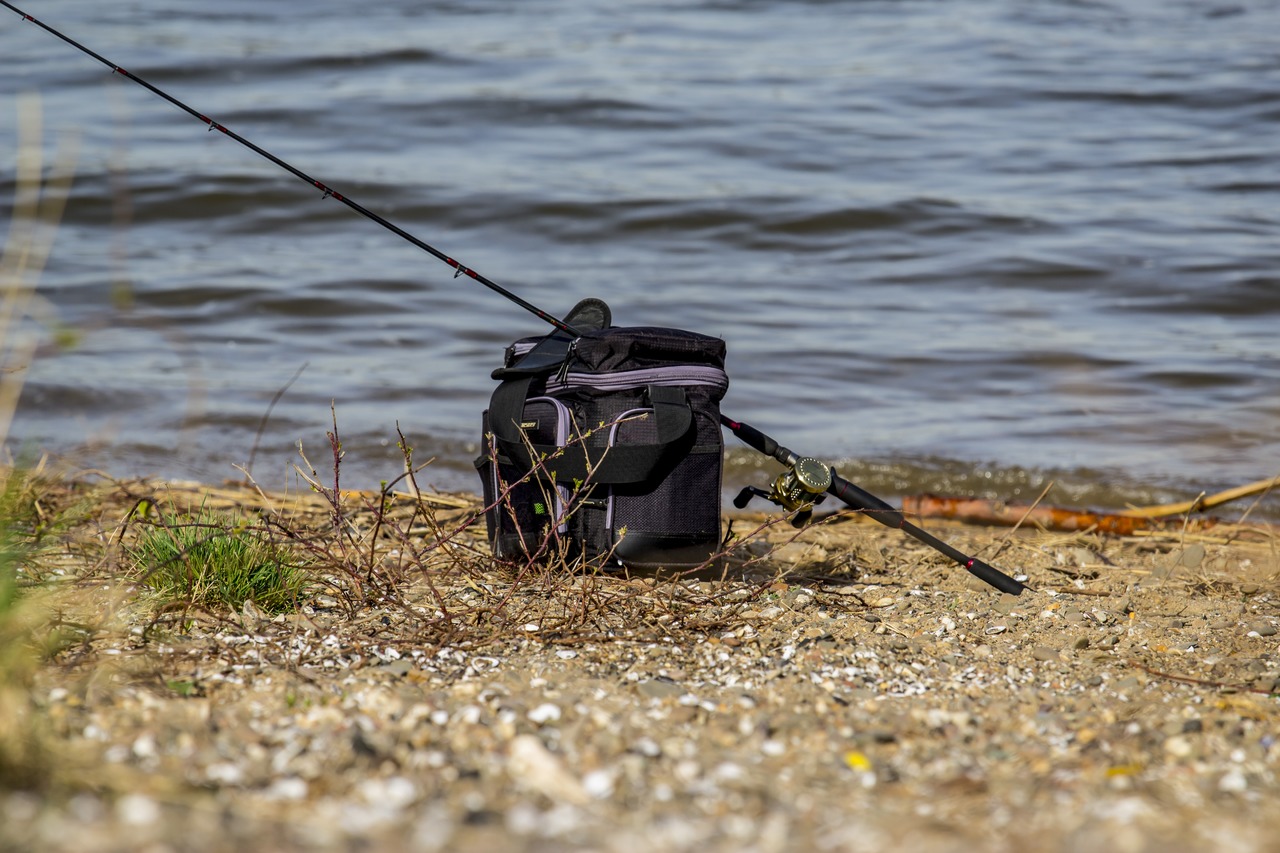How to Keep Hooks from Rusting in Tackle Boxes?
So, you have your beautiful new tackle box. It’s all laid out just as you like, and each compartment is neat and labeled, and you have everything you need.
You went on a fishing trip, and it was a dream come true. You caught some whopping fishes, had a great time, and you can’t wait to do it all over again.
However this time, you have a problem. You pull out your perfectly laid out tackle box, crack open the lid again, but this time, instead of an immaculate, well laid out display, you find a pile of rusted hooks.
Plus, even worse, the moisture and rust have spread to your lures! An entire fishing trip is definitely ruined! That shouldn't and won't be the case as long as you follow these simple suggestions to protect your hooks from rusting and, by extension, protect your entire tackle box.
How to Keep Hooks from Rusting in Tackle Boxes?
Just like any other problems, with the issue of rusty hooks, prevention is always better than cure. With many of the tips we have put together below, the issue we are tackling is minimizing moisture, or repairing weak points on the hooks to prevent moisture damage.

Close the Tackle Box
Amongst the most effective ways to protect your hooks from moisture is keep that moisture away entirely. No, we’re not saying don’t cast your hooks into the water so that they stay dry as that would be crazy.
Instead, when you’re out fishing, we suggest that you just spend a little energy trying to keep moisture exposure to a minimum.
One tip is to always close your tackle box when you are done with it. That can prevent moisture from gaining access accidentally through rainfall, or even via water splash coming from an energetically thrashing fish you have just landed.
Dry the Tackle Box Items
Take the time to wipe down any equipment before you pack it away thoroughly, and when you get home, empty out the tackle box and place the things onto some sheets of newspaper and leave to thoroughly dry in the open air (or direct sunlight) for a few hours.
Use Tooth Picks and Q Tips
Since toothpicks are designed to be used in the mouth, the wood they are made from were heat treated. This makes them sterile and safe to use, but it also has the side effect of making them very moisture absorbent.
Q Tips or at least the cotton wrapped ends are also extremely absorbent. For that reason, you could consider placing some toothpicks or Q Tips into the tackle box, especially in compartments containing hooks. Both of them will help to pull moisture out of the air, protecting the hooks from rusting.

Isolation
It would be a great idea to adopt some policy of segregation within your tackle box like keeping used hooks in one compartment away from new or unused hooks. Not every tackle box will have space for this, unfortunately. In case it does, the rust is less likely to spread and ruin all of your hooks.
Spray Down
Another good idea is to add a protective layer to your hooks after they have been used, which can be done with the help of an aerosol-based anti-rust product, or even something as simple as good old-fashioned WD40. Once you’ve used the hooks for the first time, simply ensure that they are dry and free of debris.
After which, give them a good spray with your product of choice. Again, leave to air dry and then pop them back into the box. Repeat after every use to add long-term protection to the hooks.
Color In
This tip has a similar aim to the one above, which is to protect the surface area from corrosion. This would work best with larger hooks that have been painted, especially hooks designed for sea fishing.
When you’re done fishing and have returned home, simply inspect all your hooks for any nicks or damage to the paint or covering. If you can see the bare metal underneath, simply get a Sharpie style marker pen and color over the bare metal. Leave to dry.
With such a method, you have added a protective layer over the vulnerable, exposed metal.
Remove Traces of Salt
One fact we just want to point out is that while the above tips are useful for all hooks, for hooks that have been used in saltwater, there is an extra step you should always take to prevent rusting.
When you get home from your saltwater fishing trip, just take the time to rinse the hooks with clean water. This will remove all traces of salt, which itself can be a corrosive agent when left on the hooks for too long.
Once you’ve done that, dry them thoroughly, then, perform any of the other tips we’ve suggested above for additional protection.
FINAL VERDICT
Keep your hooks happy with a little TLC by following our recommended ways on how to keep hooks from rusting in tackle boxes. That will guarantee that every fishing trip will be a success!
We like to share product recommendations with you and hope you like them! Just to make you aware FishingLab may collect a small share of sales or other compensation from the links on this page.
